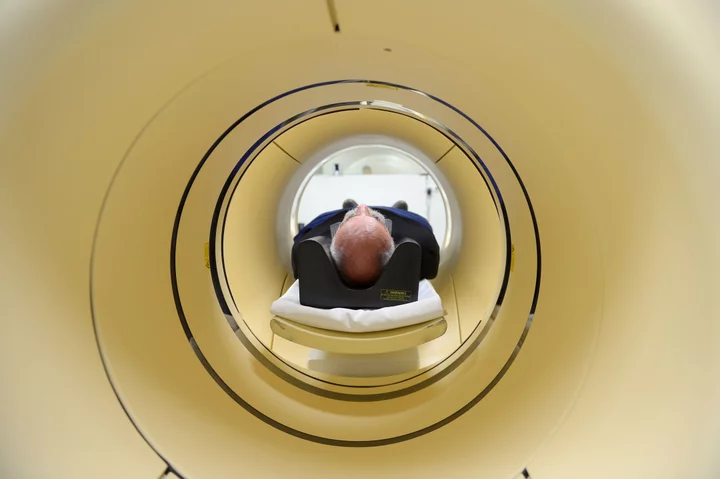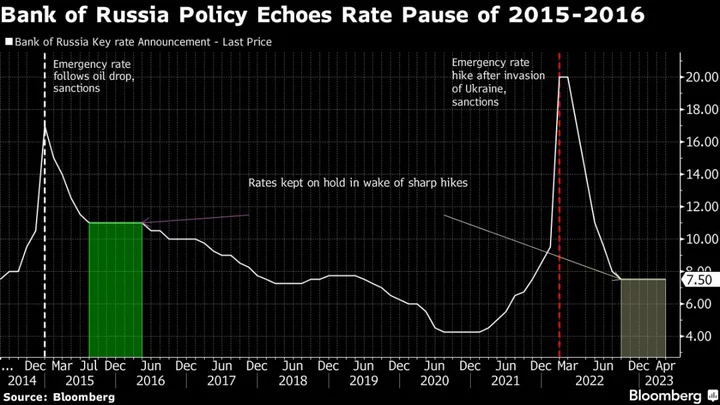The US Medicare program will roll back rules that limited coverage for an expensive imaging scan for people with Alzheimer’s disease, a change that could increase the adoption of new therapies targeting the disease.
The diagnostic is known as a PET scan, which stands for positron emission tomography. It’s one way to detect a protein, called amyloid, associated with Alzheimer’s disease. Doctors need to confirm that patients have amyloid in their brains before prescribing the new Alzheimer’s drug from Eisai Co. and Biogen Inc.
The decision by the Centers for Medicare and Medicaid Services “fulfills CMS’ commitment to allow broader coverage of this diagnostic test,” Chiquita Brooks-LaSure, the agency’s administrator, said in an emailed statement.
The Medicare program, which covers 65 million in the US, had previously limited payment for amyloid PET scans to those in clinical trials under a national policy. Removing the restriction “will greatly reduce provider and patient burden,” the agency said in its proposal.
If finalized, local contractors who administer the Medicare program would determine coverage of the scans. The proposal is open to public comments for 30 days.
The change could pave the way toward broader use of amyloid-lowering drugs like Eisai’s Leqembi, which received full US approval earlier this month, and donanemab from Eli Lilly & Co., which is under regulatory review in the US.
While amyloid can also be detected using a spinal tap instead of the scan, some patients find that procedure unpleasant, and doctors say the PET scans provide more information. Neurologists want to perform repeat PET scans after a patient has been on amyloid-lowering therapy for a while, allowing them to assess how treatment is proceeding and potentially halting the treatment if amyloid is gone.









